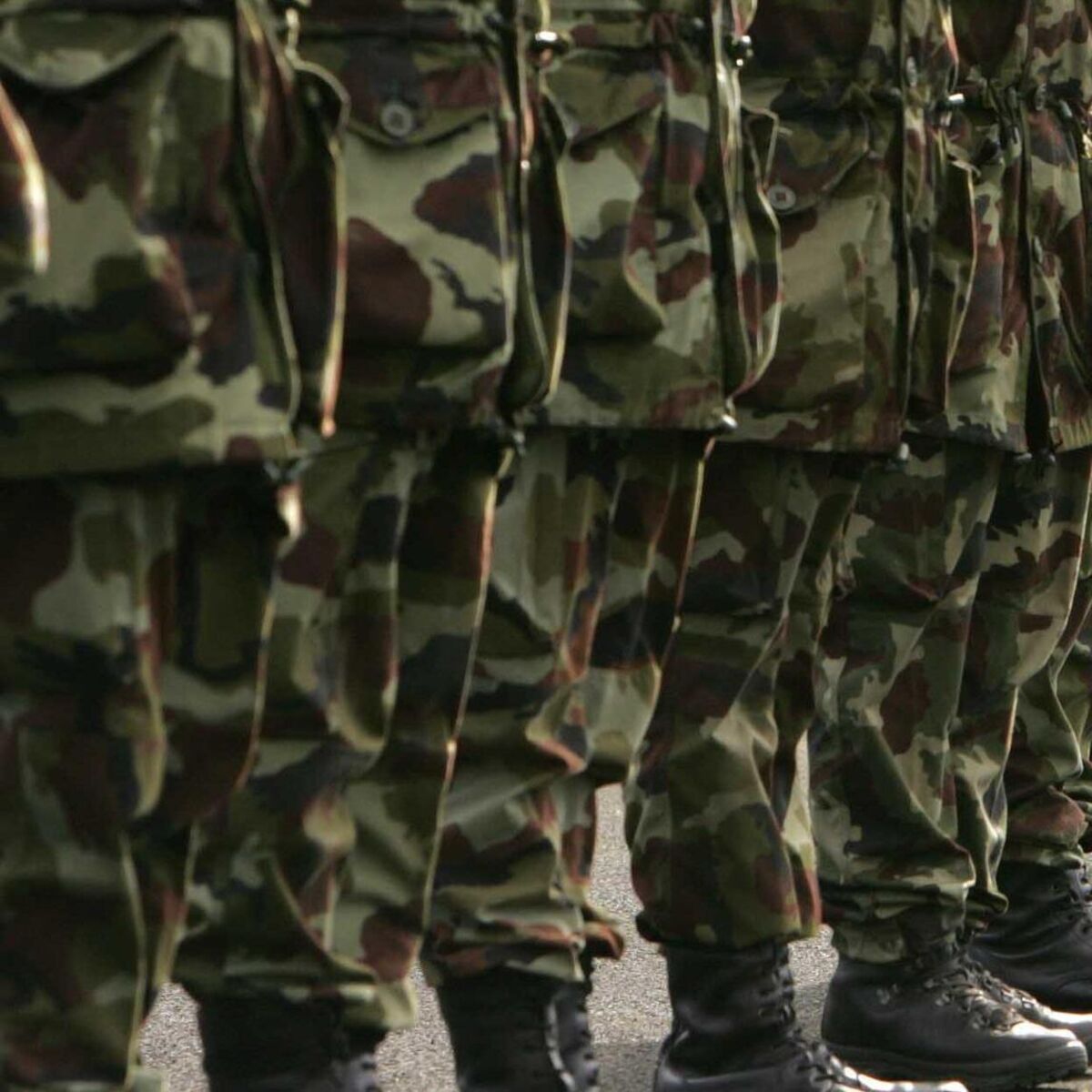By Irishexaminer.com,Sean O’riordan Defence Correspondent
Copyright irishexaminer

He outlined several key concerns facing the reserves.
In 2023, new reserve pay guidance documents were published and approved by military management with the Department of Defence’s support. These documents allowed, in essence, for all reserve activities to be paid.
“This had the expected outcome of improving reserve activity levels and training and operational outputs since, on the simplest level, reservists would now receive some form of reimbursement for any military activities that they undertook,” he said.
He added that the new pay arrangement significantly boosted retention. However, earlier this month, following direction from Department of Defence officials, military management issued new guidance that stopped payments “for a significant number of reserve activities.”
The budget to run the reserves this year is €3.5m — just 0.34% of the overall defence budget. Mr Richardson noted this is lower than in 2013, during the financial crisis, when the reserve budget stood at €3.9m.
“Before inflation is even taken into account, the reserve has experienced a net funding decrease over the past 12 years,” he added.
Independent senator Gerard Craughwell described it as “outrageous” that reservists must pay for their own medicals and receive no reimbursement for the cost of travelling to barracks, which can involve significant mileage.
RDFRA president Eugene Gargan told the committee that just 90 minutes before their appearance, they received a communication from Tánaiste and defence minister Simon Harris. He has directed that a business case be drawn up to determine which reservist activities should be paid.
Mr Gargan said he doubted such communication would have been sent had the RDFRA not been appearing before the committee.
Independent TD Brian Stanley proposed that the committee make representations to the government to ensure all reservists are properly reimbursed.
When asked about current reserve strength, Mr Gargan said it stood at around 1,700 — far below the target of 4,500. He added that in many other countries, reserve numbers are multiples of their permanent defence forces.
Mr Richardson said recruitment is difficult in areas where barracks have closed, as people must travel long distances at their own expense to attend training in the remaining barracks.
He suggested two solutions: providing military transport for reservists or opening training centres in areas where barracks once operated.
Committee chair, Sinn Féin TD Rose Conway-Walsh, said they would write to Mr Harris and the Department of Public Expenditure, NDP Delivery and Reform (DPER) to raise RDFRA’s concerns “to ensure will be addressed.”



